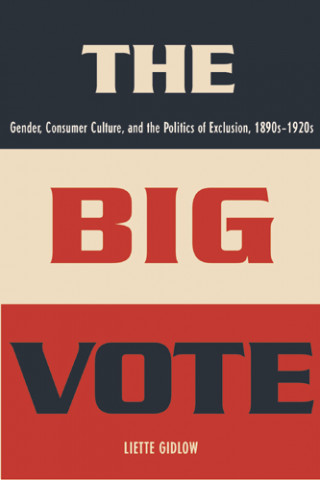
Kód: 04709413
Big Vote
Autor Liette Gidlow
Low voter turnout is a serious problem in American politics today, but it is not a new one. Its roots lay in the 1920s when, for the first time in nearly a century, a majority of eligible Americans did not bother to cast ballots i ... celý popis
- Jazyk:
 Angličtina
Angličtina - Vazba: Pevná
- Počet stran: 280
Nakladatelství: Johns Hopkins University Press, 2004
- Více informací o knize

2219 Kč
Dostupnost:
50 % šance Máme informaci, že by titul mohl být dostupný. Na základě vaší objednávky se ho pokusíme do 6 týdnů zajistit.
Máme informaci, že by titul mohl být dostupný. Na základě vaší objednávky se ho pokusíme do 6 týdnů zajistit.Prohledáme celý svět
Mohlo by se vám také líbit
-
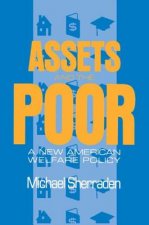
Assets and the Poor
1575 Kč -
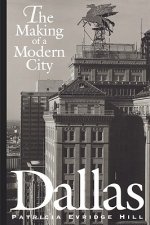
Dallas
642 Kč -
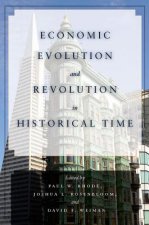
Economic Evolution and Revolution in Historical Time
2653 Kč -

Creative Education at an English School
1026 Kč -

Participating in the Knowledge Society
2817 Kč -

Continuous Spikes & Waves During Slow Sleep Electrical Status Epilepticus During Slow Sleep
2169 Kč -
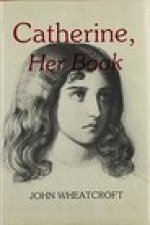
Catherine, Her Book
2261 Kč -
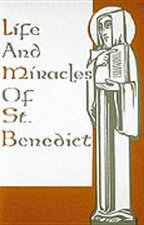
Life And Miracles Of St. Benedict
397 Kč -

End
380 Kč -

Quick Look Nursing: Maternal and Newborn Health
1698 Kč -

Italy's 500 Best-ever Recipes
539 Kč -

Our Planet
312 Kč -

From Warrior to Sage
466 Kč -

Letters of Rudyard Kipling
3289 Kč
Darujte tuto knihu ještě dnes
- Objednejte knihu a zvolte Zaslat jako dárek.
- Obratem obdržíte darovací poukaz na knihu, který můžete ihned předat obdarovanému.
- Knihu zašleme na adresu obdarovaného, o nic se nestaráte.
Informovat o naskladnění knihy
Zadejte do formuláře e-mailovou adresu a jakmile knihu naskladníme, zašleme vám o tom zprávu. Pohlídáme vše za vás.
Více informací o knize Big Vote
Nákupem získáte 222 bodů
 Anotace knihy
Anotace knihy
Low voter turnout is a serious problem in American politics today, but it is not a new one. Its roots lay in the 1920s when, for the first time in nearly a century, a majority of eligible Americans did not bother to cast ballots in a presidential election. Stunned by this civic failure so soon after a world war to "make the world safe for democracy," reforming women and business men launched massive campaigns to "Get Out the Vote." By 1928, they had enlisted the enthusiastic support of more than a thousand groups in Forty-six states. In The Big Vote, historian Liette Gidlow shows that the Get-Out-the-Vote campaigns-overlooked by historians until now-were in fact part of an important transformation of political culture in the early twentieth century. Weakened political parties, ascendant consumer culture, labor unrest, Jim Crow, widespread anti-immigration sentiment, and the new woman suffrage all raised serious questions about the meanings of good citizenship. Gidlow recasts our understandings of the significance of the woman suffrage amendment and shows that it was important not only because it enfranchised women but because it also ushered in a new era of near-universal suffrage. Faced with the apparent equality of citizens before the ballot box, middle-class and elite whites in the Get-Out-the-Vote campaigns and elsewhere advanced a searing critique of the ways that workers, ethnics, and sometimes women behaved as citizens. Through techniques ranging from civic education to modern advertising, they worked in the realm of culture to undo the equality that constitutional amendments had seemed to achieve. Through their efforts, by the late 1920s, "civic" had become practically synonymous with "middle class" and "white." Richly documented with primary sources from political parties and civic groups, popular and ethnic periodicals, and electoral returns, The Big Vote looks closely at the national Get-Out-the-Vote campaigns and at the internal dynamics of campaigns in the case-study cities of New York, New York, Grand Rapids, Michigan, and Birmingham, Alabama. In the end, the Get-Out-the Vote campaigns shed light not only on the problem of voter turnout in the 1920s, but on some of the problems that hamper the practice of full democracy even today.
 Parametry knihy
Parametry knihy
Zařazení knihy Knihy v angličtině Society & social sciences Politics & government
2219 Kč
- Plný název: Big Vote
- Podnázev: Gender, Consumer Culture, and the Politics of Exclusion, 1890s-1920s
- Autor: Liette Gidlow
- Jazyk:
 Angličtina
Angličtina - Vazba: Pevná
- Počet stran: 280
- EAN: 9780801878640
- ID: 04709413
- Nakladatelství: Johns Hopkins University Press
- Hmotnost: 522 g
- Rozměry: 229 × 152 × 21 mm
- Datum vydání: 29. September 2004
Oblíbené z jiného soudku
-
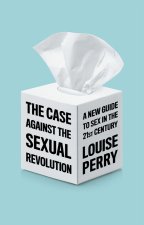
Case Against the Sexual Revolution
410 Kč -

Wretched of the Earth
290 Kč -

The Trigger
602 Kč -
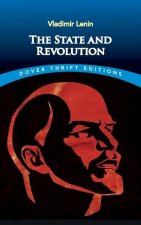
State and Revolution
116 Kč -
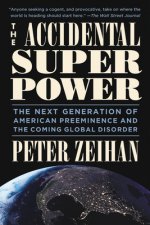
Accidental Superpower
455 Kč -
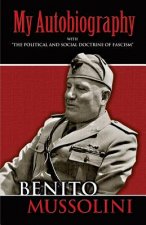
My Autobiography
322 Kč -
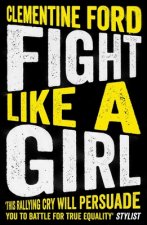
Fight Like A Girl
276 Kč -
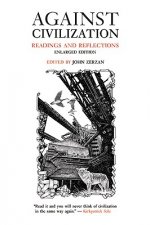
Against Civilization
406 Kč -

Abaddon Ascending: The Ancient Conspiracy at the Center of CERN's Most Secretive Mission
681 Kč -
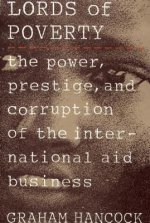
The Lords of Poverty: The Power, Prestige, and Corruption of the International Aid Business
341 Kč -
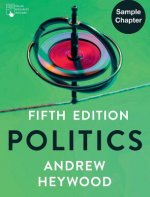
Politics
1301 Kč -

Cold and the Dark
482 Kč -

Voices from the Contemporary Japanese Feminist Movement
1387 Kč -
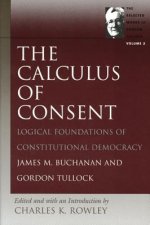
Calculus of Consent
410 Kč -

Mafia Monograph, Part 1 of 4
521 Kč -

Harm Reduction or Harm Maintenance
798 Kč -

Israel Lobby and U. S. Foreign Policy
931 Kč -
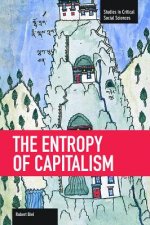
Entropy Of Capitalism
1118 Kč -

Red Petrograd
482 Kč -
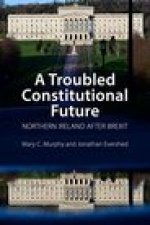
Troubled Constitutional Future
708 Kč -
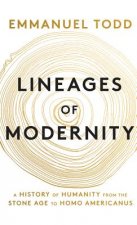
Lineages of Modernity - A History of Humanity from the Stone Age to Homo Americanus
1126 Kč -
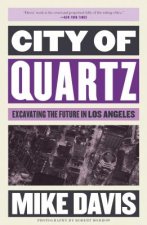
City of Quartz
394 Kč -

Inventing Vietnam
1023 Kč -
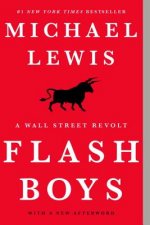
Flash Boys - A Wall Street Revolt
272 Kč -
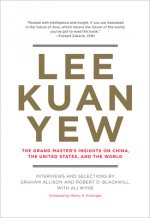
Lee Kuan Yew
525 Kč -
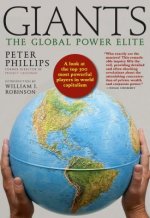
Giants
580 Kč -
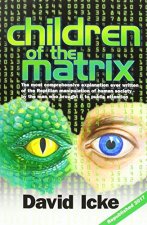
Children of the Matrix
454 Kč -

Queer Encounters with Communist Power
555 Kč -
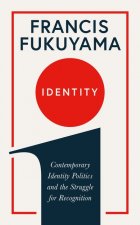
Identity
302 Kč -
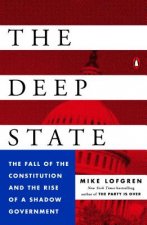
Deep State
400 Kč -
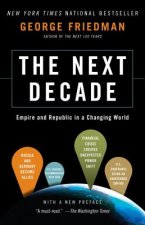
Next Decade
436 Kč -
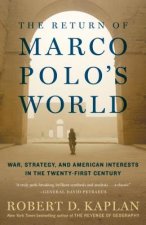
Return of Marco Polo's World
433 Kč -
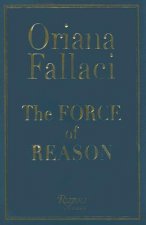
Force of Reason
580 Kč -
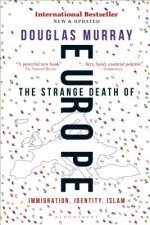
STRANGE DEATH OF EUROPE
500 Kč -

Political Science For Dummies
471 Kč -
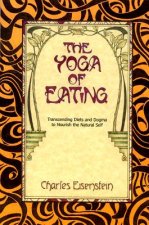
Yoga of Eating
358 Kč -
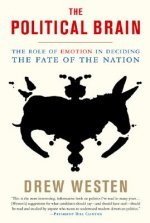
Political Brain
383 Kč -
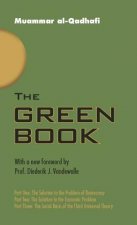
GREEN BOOK
195 Kč -
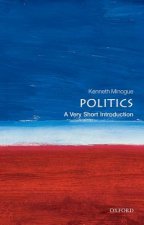
Politics: A Very Short Introduction
249 Kč -
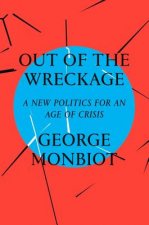
Out of the Wreckage
454 Kč -

No Turning Back
302 Kč -

Urban Warfare in the Twenty-First Century
677 Kč -

Trade Marketing, Category Management, and Shopper Marketing
2211 Kč -
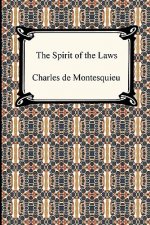
Spirit of the Laws
621 Kč -

USAF Military Working Dog Program - Scholar's Choice Edition
742 Kč -
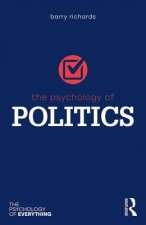
Psychology of Politics
563 Kč -
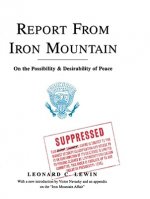
Report From Iron Mountain
373 Kč -
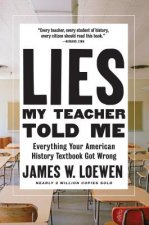
Lies My Teacher Told Me
561 Kč -
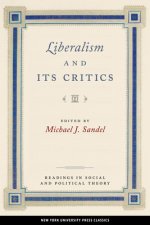
Liberalism and Its Critics
854 Kč
Osobní odběr Praha, Brno a 12903 dalších
Copyright ©2008-24 nejlevnejsi-knihy.cz Všechna práva vyhrazenaSoukromíCookies


 Vrácení do měsíce
Vrácení do měsíce 571 999 099 (8-15.30h)
571 999 099 (8-15.30h)